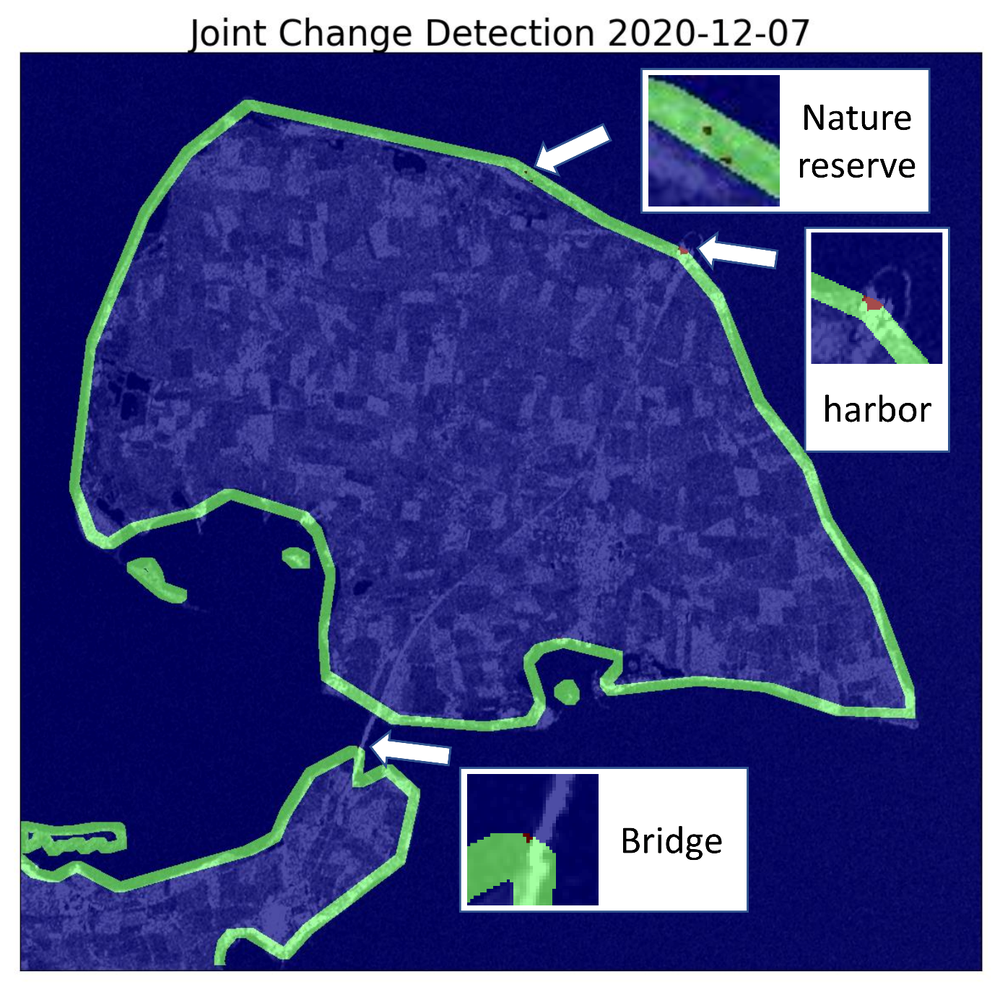RESIKOAST
Climate change poses new challenges for the North Sea and Baltic coasts as well as the neighboring regions. In addition to a probable rise in sea levels, climate researchers expect an increasing number of extreme weather events such as storm surges, storms and heavy rainfall. The intensity and frequency as well as the possible simultaneous occurrence of several events pose an increasing threat to islands and coastal regions.
The RESIKOAST project develops strategies for long-term adaptation to changing climate conditions and tools for early detection of emerging risks. The project involves ten DLR institutes working with model regions in coastal areas and with national agencies and institutions in the fields of infrastructure, climate protection and weather forecasting.
The Institute of Software Technology develops and applies AI methods in RESIKOAST to enable early detection of risks in coastal areas of the North Sea and Baltic Sea. For this purpose, large earth observation data sets are analysed on mainframes. The challenges we face are the size of the data sets to be considered and the risk assessment of the anomalies detected. There are many natural changes in the coastal area, but they do not pose a threat to the local population.
We use two different approaches to detect anomalies. One is classic density-based anomaly detection techniques, and the other is modern deep neural networks based on autoencoders or vision transformers. The combined use of different methods can improve the robustness and reliability of the prediction and avoid false positives. The highly parallel Helmholtz Analytics Toolkit (Heat), co-developed by the institute, is used to process the huge amounts of data quickly and efficiently.

Project runtime:
- 01/2023 – 12/2025
Scientific participants:
- DLR Institute for the Protection of Terrestrial Infrastructures (Project lead)
- DLR Institute for Software Technology
- DLR Institute for the Protection of Maritime Infrastructures
- DLR Institute of Data Science
- DLR Remote Sensing Technology Institute
- DLR Institute for Transportation Systems
- DLR Institute of Vehicle Concepts
- DLR Microwaves and Radar Institute
- DLR Institute for AI Safety and Security
- The German Remote Sensing Data Center (DFD)
- Magistrat Bremerhaven
- Landkreis Wesermarsch
- Gemeinde Langeoog
- The Deutscher Wetterdienst (DWD)
- Bremenports
- The Federal Railway Authority
- Technisches Hilfswerk (THW)
Publications on this project:
- W. Koslow, K. Rack, A. Rüttgers, L. Dell’Amore, P. Rizzoli. "Artifact dection in SAR images with AI methods”, Accepted for publication at EUSAR 2024 conference (2024)
Kontakt
Dr.-Ing. Achim Basermann
